Princípios de Farmacologia – A Base Fisiopatológica da Farmacoterapia (Portuguese Edition)
9 people are viewing this right now
Author(s): David E. Golan
PDF: 25.2 MB
Princípios de Farmacologia – A Base Fisiopatológica da Farmacoterapia é uma referência fundamental para estudantes e profissionais que desejam aprofundar seus conhecimentos em farmacologia. Este livro explora de maneira abrangente os fundamentos fisiopatológicos que sustentam a farmacoterapia, conectando os mecanismos de ação e os efeitos dos medicamentos às aplicações clínicas em diversas condições.
Características principais:
- Cobertura abrangente: Aborda temas essenciais, como farmacodinâmica, farmacocinética, metabolismo de medicamentos, farmacogenômica e toxicologia.
- Estrutura didática: Organizado em seções claras e lógicas, indo dos fundamentos básicos à aplicação clínica em sistemas específicos, como cardiovascular, nervoso e endocrinológico.
- Perspectiva fisiopatológica: Relaciona os processos biológicos e moleculares com as terapias disponíveis, ajudando na compreensão das bases científicas dos tratamentos.
- Recursos visuais: Conta com gráficos e diagramas detalhados para facilitar a assimilação de conceitos complexos.
- Atualização científica: Baseado nas mais recentes descobertas e avanços na farmacologia.
PDF Preview

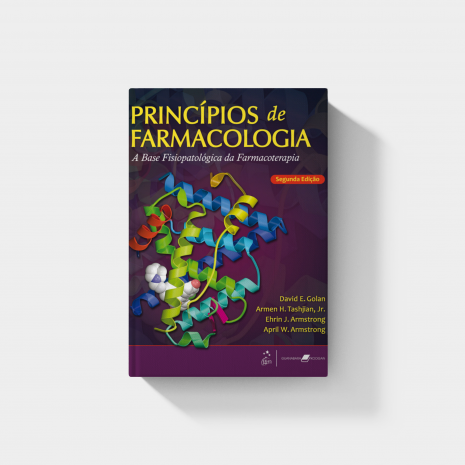
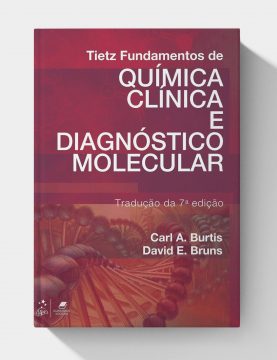
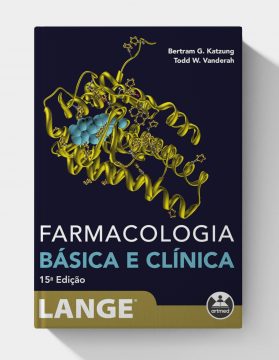
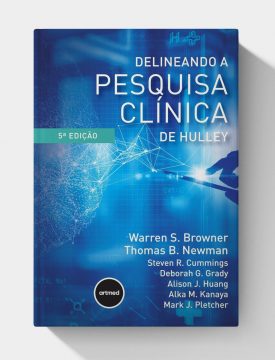
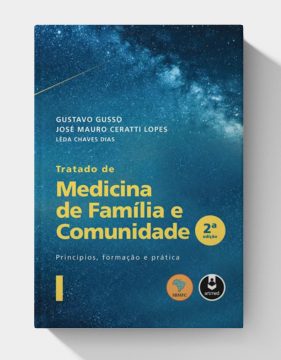
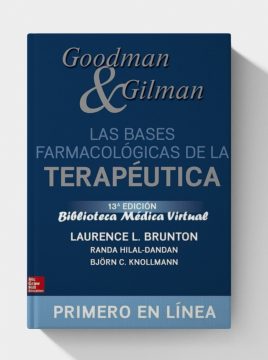
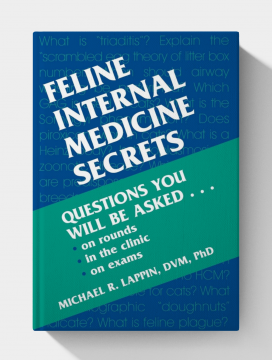 Feline Internal Medicine Secrets
Feline Internal Medicine Secrets 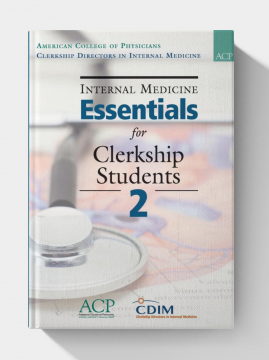 Internal Medicine Essentials for Clerkship Students 2
Internal Medicine Essentials for Clerkship Students 2 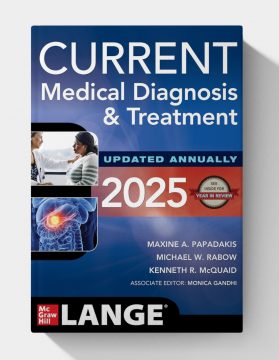 CURRENT Medical Diagnosis and Treatment 2025 (64th Edition)
CURRENT Medical Diagnosis and Treatment 2025 (64th Edition) 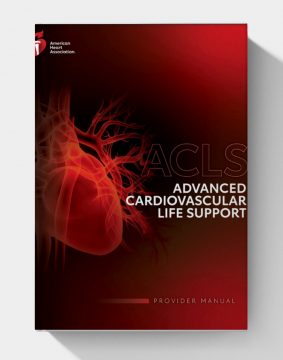 Advanced Cardiovascular Life Support Provider Manual eBook
Advanced Cardiovascular Life Support Provider Manual eBook 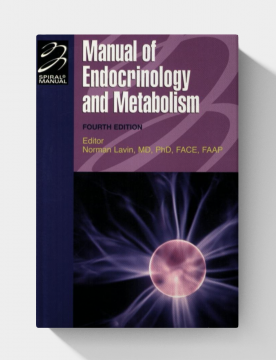 Manual of Endocrinology and Metabolism (4th Edition)
Manual of Endocrinology and Metabolism (4th Edition) 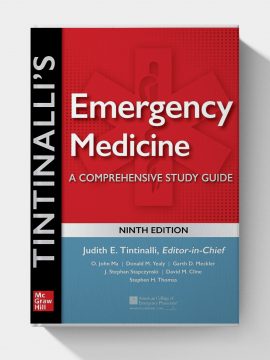 Tintinalli's Emergency Medicine: A Comprehensive Study Guide (9th edition)
Tintinalli's Emergency Medicine: A Comprehensive Study Guide (9th edition) 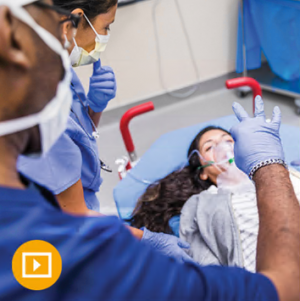 Need-to-Know Emergency Medicine: A Review for Physicians in a Hurry 2022 (Videos)
Need-to-Know Emergency Medicine: A Review for Physicians in a Hurry 2022 (Videos) 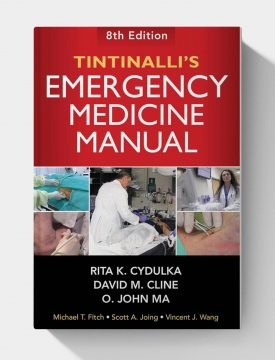 Tintinalli's Emergency Medicine Manual (8th Edition)
Tintinalli's Emergency Medicine Manual (8th Edition) 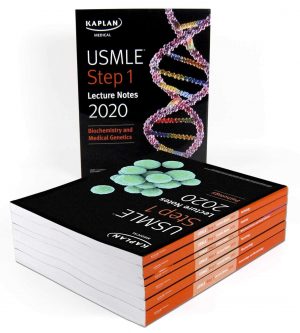 USMLE Step 1 Lecture Notes 2020. 7 Book Set
USMLE Step 1 Lecture Notes 2020. 7 Book Set 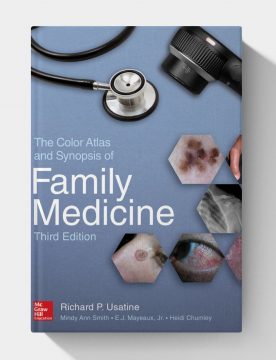 The Color Atlas and Synopsis of Family Medicine (3rd Edition)
The Color Atlas and Synopsis of Family Medicine (3rd Edition) 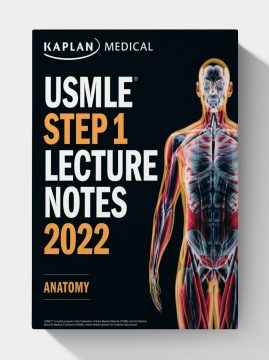 USMLE Step 1 Lecture Notes 2022 Anatomy
USMLE Step 1 Lecture Notes 2022 Anatomy 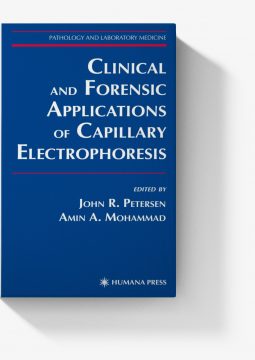 Clinical and Forensic Applications of Capillary Electrophoresis (Pathology and Laboratory Medicine)
Clinical and Forensic Applications of Capillary Electrophoresis (Pathology and Laboratory Medicine) 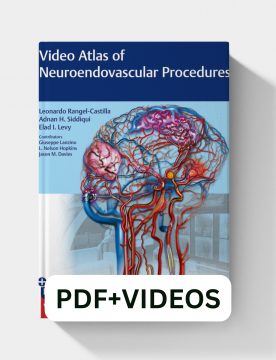 Videos Atlas of Neuroendovascular Procedures (1st Edition)
Videos Atlas of Neuroendovascular Procedures (1st Edition) 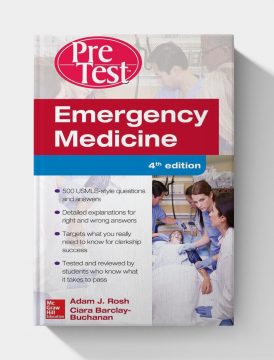 Emergency Medicine PreTest Self-Assessment and Review (4Th Edition)
Emergency Medicine PreTest Self-Assessment and Review (4Th Edition) 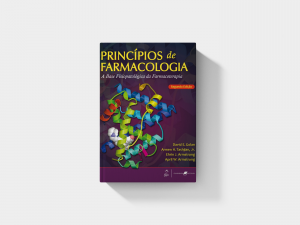
Reviews
There are no reviews yet.